Departure
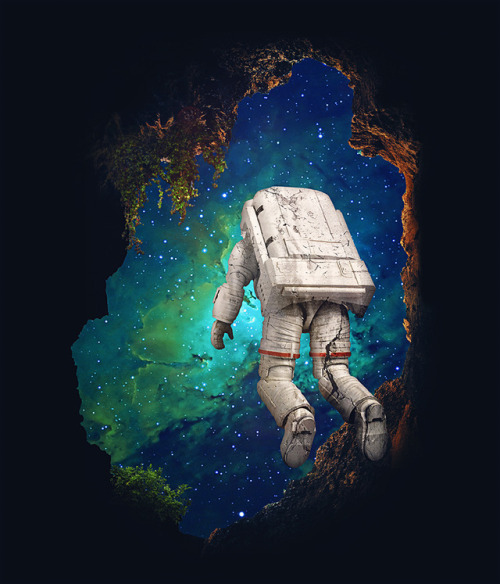
Departure
More Posts from Starlost and Others
Your fave is problematic: Galaxy GN-Z11
this old object is the oldest fucking galaxy that we have discovered thus far
thanks Hubble space telescope
Gn-z11 is 13.4 billion years old… fuck
now you’re like, wtf, the universe is only 13.8 millions years old??? YES. This galaxy was observed by hubble as it was just 400 million years after the Big Bang
at this point in time, a cosmological baby
tricks people into thinking that she is 13.4 billion light years away… think again
Gn-z11 is actually 38 BILLION LIGHT YEARS AWAY
how can that be, you say, in a universe that’s “only” 13.8 billion years old? is the speed of light not the fastest thing in the universe?
well, given that Gn-z11 is so immensely old, and the universe is always expanding, space has expanded to a distance of 38 billion light years during the 13.4 billion years it took the light of Gn-z11 to reach us
keep in mind that when we observe old objects like the universe, we see them as they were then
time travel, so to speak
summary: time traveller, voyaged far, very wise, maybe a forest witch
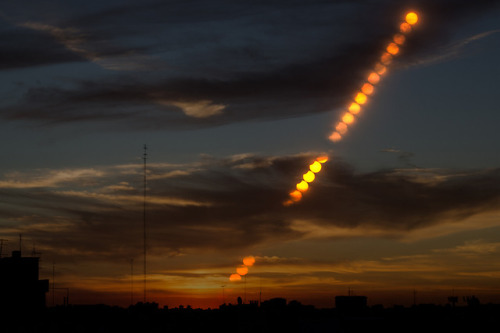

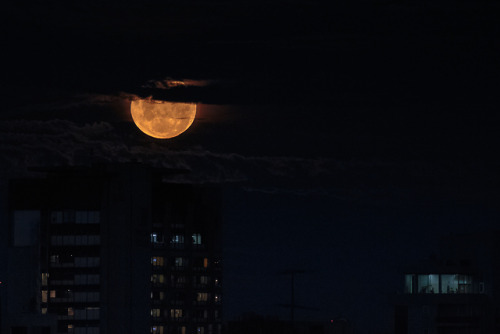
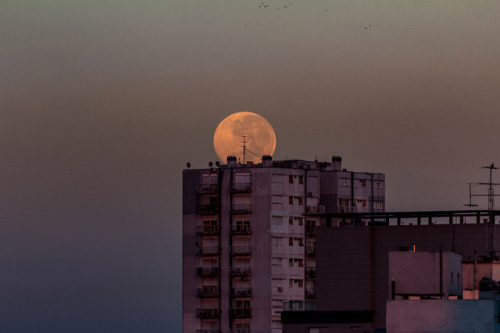
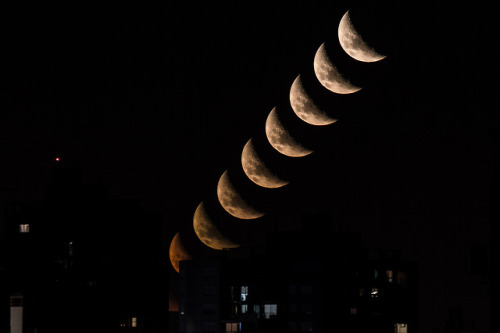
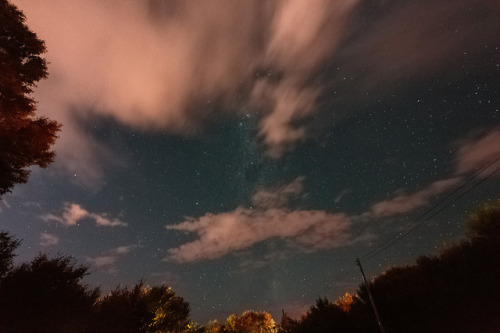
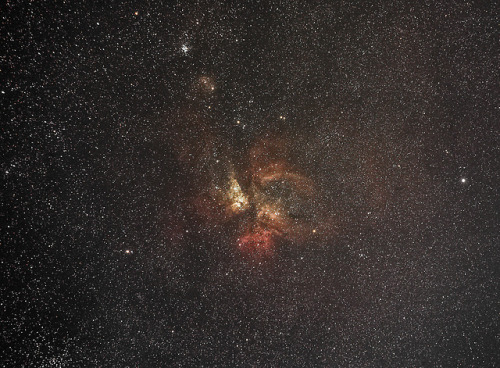
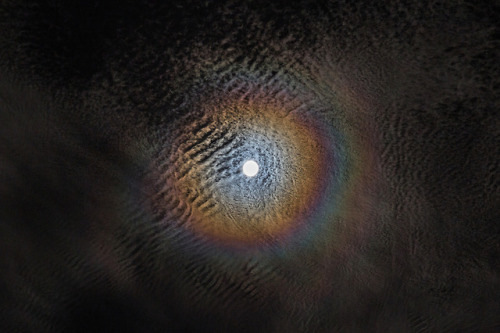
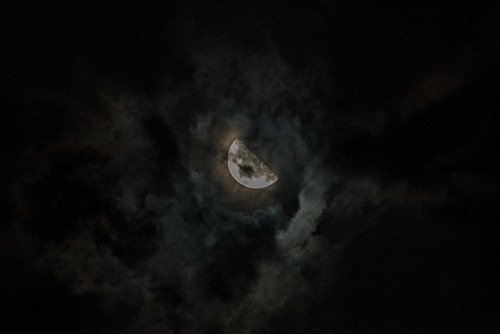
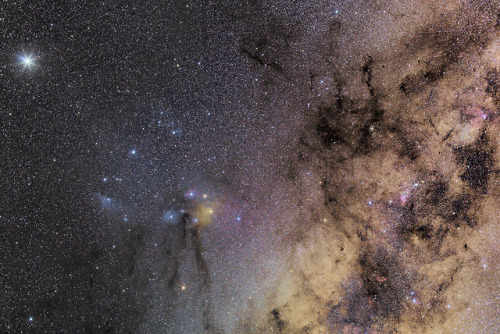
Star Party - Danr19f



MINERVA-II-1 rovers: First photos from the two tiny robots, taken near the surface of asteroid Ryugu, September 21-22 2018. The blurry 3rd photo includes a cameo by the Hayabusa2 mothership & was taken just after the rovers were dropped toward the asteroid.

Nebula Images: http://nebulaimages.com/ Astronomy articles: http://astronomyisawesome.com/
#astronomy #apod #space #nasa
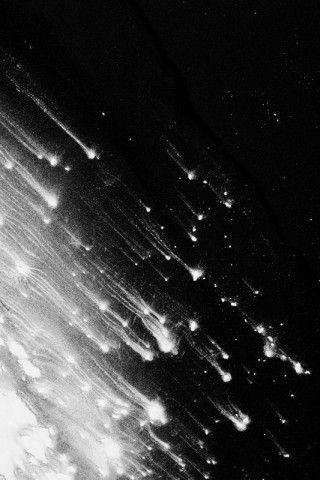
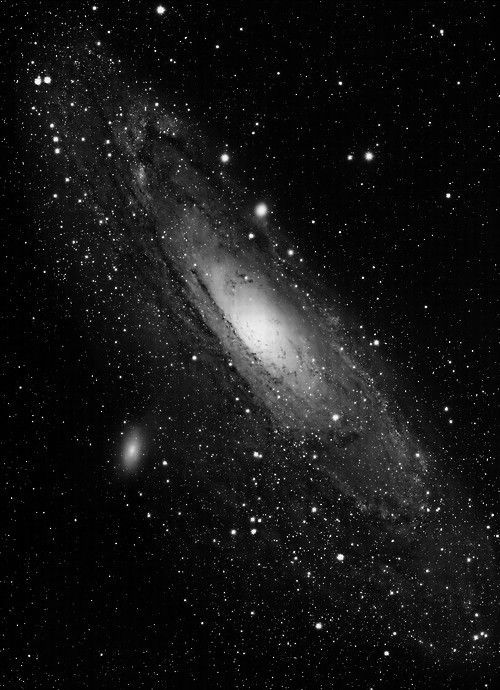
“I don’t know anything with certainty, but seeing the stars makes me dream.” ― Vincent Van Gogh

Jovian ‘Twilight Zone’
This image captures the swirling cloud formations around the south pole of Jupiter, looking up toward the equatorial region. NASA’s Juno spacecraft took the color-enhanced image during its eleventh close flyby of the gas giant planet on Feb. 7 at 7:11 a.m. PST (10:11 a.m. EST). At the time, the spacecraft was 74,896 miles (120,533 kilometers) from the tops of Jupiter’s clouds at 84.9 degrees south latitude. To make features more visible in Jupiter’s terminator — the region where day meets night — the Juno team adjusted JunoCam so that it would perform like a portrait photographer taking multiple photos at different exposures, hoping to capture one image with the intended light balance. For JunoCam to collect enough light to reveal features in Jupiter’s dark twilight zone, the much brighter illuminated day-side of Jupiter becomes overexposed with the higher exposure. Credit: NASA/JPL-Caltech/SwRI/MSSS/Gerald Eichstädt










Cosmic Web
The concept of the cosmic web—viewing the universe as a set of discrete galaxies held together by gravity—is deeply ingrained in cosmology. Yet, little is known about architecture of this network or its characteristics. Our research used data from 24,000 galaxies to construct multiple models of the cosmic web, offering complex blueprints for how galaxies fit together. These three interactive visualizations help us imagine the cosmic web, show us differences between the models, and give us insight into the fundamental structure of the universe.
An awesome work of the Center for Complex Network Research


Rosette Nebula & Pelican Nebula by Jesper Sundh
-
 uoi55iw reblogged this · 1 month ago
uoi55iw reblogged this · 1 month ago -
 annabm91l liked this · 7 months ago
annabm91l liked this · 7 months ago -
 whitesol liked this · 1 year ago
whitesol liked this · 1 year ago -
 cdidou liked this · 1 year ago
cdidou liked this · 1 year ago -
 lunadove reblogged this · 1 year ago
lunadove reblogged this · 1 year ago -
 kenethluna liked this · 1 year ago
kenethluna liked this · 1 year ago -
 bieber-blackandwhite liked this · 1 year ago
bieber-blackandwhite liked this · 1 year ago -
 miinstrel liked this · 2 years ago
miinstrel liked this · 2 years ago -
 reddog1984 liked this · 2 years ago
reddog1984 liked this · 2 years ago -
 wattehatte reblogged this · 3 years ago
wattehatte reblogged this · 3 years ago

andrei, he/him, 21, made this at 14 when i was a space nerd but i never fully grew out of that phase so,,,,..,hubble telescope + alien life + exoplanet + sci fi nerd
245 posts



